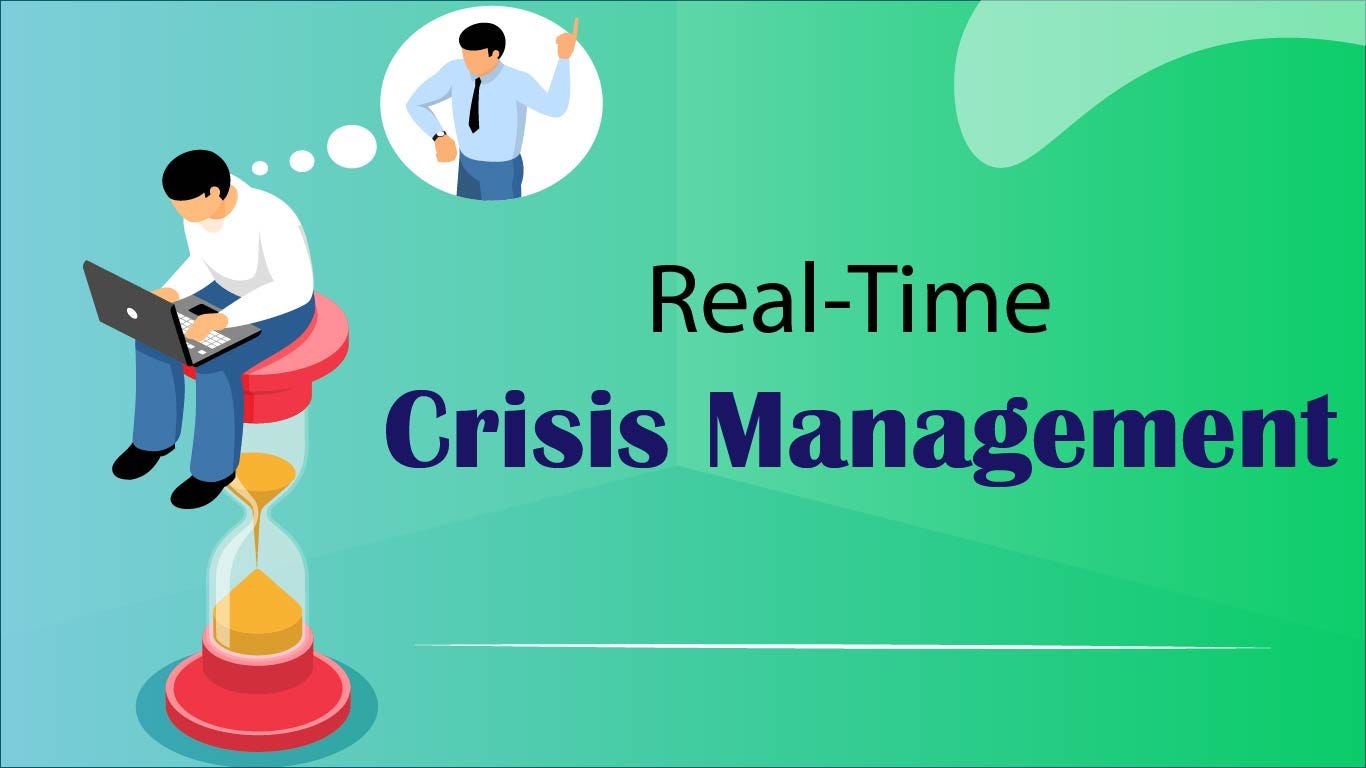In today’s digital age, social media has become an integral part of our lives. It’s where we connect with friends, share our thoughts, and even voice our concerns. For businesses, social media offers a unique opportunity to engage with customers and monitor their sentiments through a practice known as social listening. In this article, we will explore the concept of social listening and crisis management.
Social Listening and Crisis Management: Navigating the Digital Terrain

Understanding Social Listening
Social listening is the practice of monitoring and analyzing online conversations and discussions, especially on social media platforms. It involves tracking brand mentions, comments, and conversations related to your industry, products, or services.
The Importance of Crisis Management
Crisis management is an essential aspect of any business. It involves handling unexpected events and challenges that can harm a company’s reputation or operations. Social listening plays a pivotal role in identifying and managing these crises effectively.
The Basics of Social Listening
1. What is Social Listening?
Social listening goes beyond simply having a presence on social media. It’s about actively listening to what your audience is saying, understanding their concerns, and adapting your strategies accordingly.
2. Why Does it Matter?
In today’s competitive landscape, understanding your customers’ sentiments can give you a competitive edge. It helps in tailoring your products and services to meet their needs effectively.
3. Tools for Social Listening
Various tools and software are available to aid in social listening. These tools help in tracking mentions, sentiment analysis, and gathering insights from social media data.
Social Listening in Action
1. Monitoring Brand Mentions
By monitoring brand mentions, businesses can quickly identify any issues or negative feedback and address them promptly. This proactive approach can prevent potential crises.
2. Tracking Trends and Sentiments
Social listening allows you to stay updated with the latest trends in your industry and gauge public sentiment towards your brand and products.
3. Identifying Key Influencers
Identifying key influencers within your niche can help in building beneficial relationships and amplifying your brand’s reach.
Crisis Management Through Social Listening
1. Early Warning Signs
Social listening serves as an early warning system for potential crises. Detecting negative trends or discussions early allows companies to take proactive measures.
2. Responding to Negative Feedback
Timely responses to negative feedback demonstrate a commitment to customer satisfaction. It can turn disgruntled customers into loyal advocates.
3. Turning Crisis into Opportunity
With the right strategy, companies can turn crises into opportunities for growth and improvement. Social listening can help in identifying areas that need enhancement.
Case Studies
1. How Companies Navigated Crises
We’ll delve into real-world examples of companies that effectively used social listening to navigate crises and protect their brand reputation.
2. Lessons Learned
Learn from the experiences of these companies and gain insights into what to do (and what not to do) during a crisis.
Best Practices
1. Creating a Social Listening Strategy
Crafting a well-defined social listening strategy is essential. It ensures that your efforts are focused on achieving specific goals.
2. Team Training and Preparedness
Your team should be trained to respond swiftly and effectively to any crisis that arises. Preparedness is key to minimizing damage.
3. Continuous Improvement
Social listening is an ongoing process. Continuously analyze and adjust your strategies to stay ahead of potential issues.
Future Trends of Social Listening and Crisis Management
1. AI and Predictive Analytics
The future of social listening lies in the integration of AI and predictive analytics. These technologies will enable businesses to anticipate crises and take proactive measures.
2. Evolving Trends
As social media platforms and consumer behavior evolve, so will social listening techniques. Staying adaptable is essential for long-term success.
Conclusion
In conclusion, social listening is not just a buzzword; it’s a valuable tool for businesses of all sizes. It empowers you to connect with your audience, detect potential crises, and turn challenges into opportunities. Embrace the power of social listening, and you’ll be better equipped to navigate the ever-changing digital landscape.
Ready to take your social listening to the next level? Request a demo from AIM Technologies today and discover how our cutting-edge tools can transform your crisis management strategies.
FAQs
What is the primary goal of social listening in crisis management?
- The primary goal is to detect and address potential crises early to minimize their impact on a company’s reputation.
How can social listening tools benefit businesses?
- Social listening tools provide valuable insights into customer sentiments, trends, and brand mentions, helping businesses make informed decisions.
Can social listening help in brand improvement even in the absence of a crisis?
- Absolutely. Social listening can identify areas for improvement, leading to enhanced products, services, and customer experiences.
What are some common mistakes to avoid in social listening and crisis management?
- Neglecting to respond to negative feedback promptly and failing to have a crisis management plan in place are common mistakes to avoid.
Is social listening a one-time effort, or does it require continuous monitoring?
- Social listening is an ongoing process. Continuous monitoring ensures that you stay updated with changing sentiments and trends.


